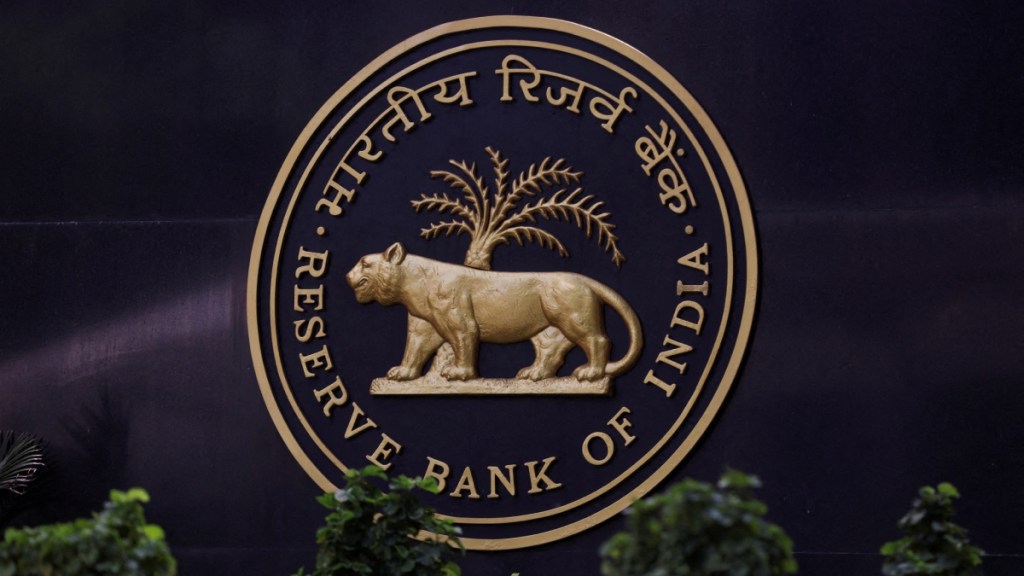The Reserve Bank of India (RBI) has proposed setting up a fintech repository to capture key information about fintechs, which will encompass activities, products, technology stack and financial information about these companies.
“Financial entities like banks and NBFCs in India are increasingly partnering with fintechs. For better understanding of developments in the fintech ecosystem and to support this sector, it is proposed to set-up a fintech repository,” governor Shaktikanta Das said in his monetary policy statement on Friday.
In its press release, the RBI urged fintechs to provide relevant information voluntarily to the repository. This will help these entities in designing appropriate policy approaches. The repository will be operationalised by the Reserve Bank Innovation Hub in April 2024 or earlier, the RBI said.
The central bank will issue necessary guidelines for this repository separately.
“The approach to encouraging voluntary contributions from fintechs will empower regulators with real-time insights and enable informed, agile and risk-mitigating decision-making,” said Anand Agrawal, co-founder and chief product and technology officer, Credgenics.
He added that the RBI’s move will boost market confidence, while ensuring a dynamic and well-regulated environment for the continuous evolution of the Indian fintech industry.
Meanwhile, the RBI is also working on establishing a cloud facility for the financial sector in India.
The proposed facility will help enhance the security, integrity and privacy of key data, the RBI said. It would also facilitate better scalability and business continuity.
The RBI’s move comes when banks and financial entities are witnessing a rising volumes of data and many of these financial services entities are utilising the cloud facilities for this purpose.
“The basic driver behind this is to provide a structured, scalable, data storage and data processing facility. For smaller entities, this will provide a lot of scale,” RBI deputy governor T Rabi Sankar said at a press meet post the monetary policy.
He added that the nature of services that will be offered under the facility will be determined in the course of time.
The cloud facility will be owned by financial sector entities. RBI intends to roll it out in a calibrated fashion over the medium term.
“The cloud service could effectively help centralize data and services hosting for financial institutions,” says Rajat Deshpande, CEO and co-founder, FinBox.
“Effectively, it implies that at some point, banks, NBFCs and other participants might be nudged to store their data on this cloud rather than on third-party services that are currently in vogue,” he added.

